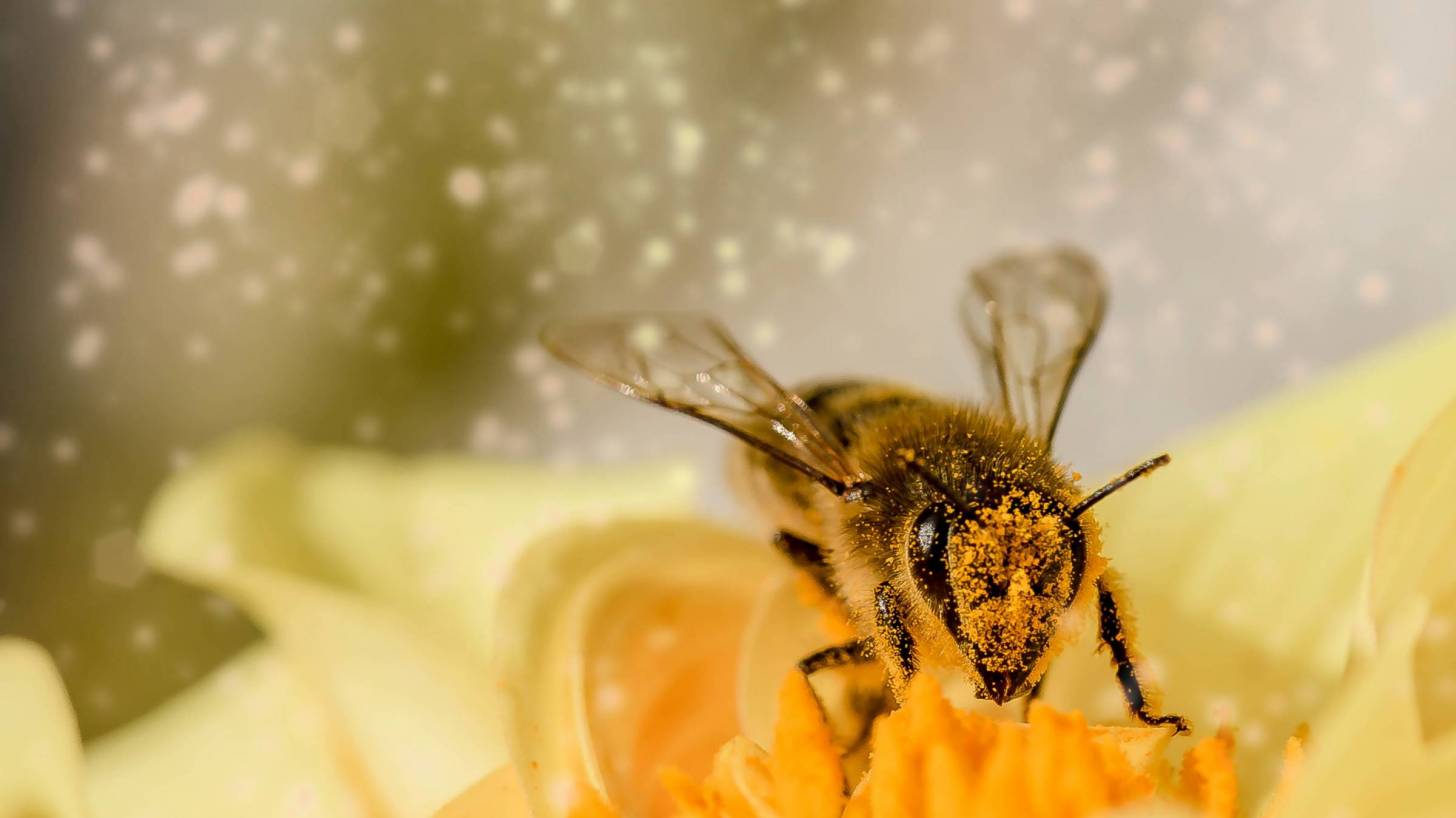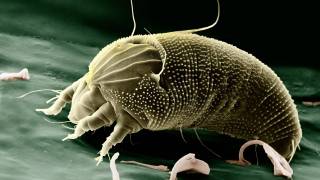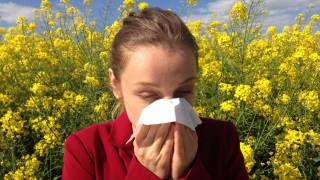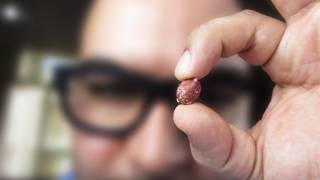Is There A Bee-Sting Vaccine?

Most people who enjoy summer picnic or walks in a park have probably have been stung by a bee.
While it can be painful for a short time period for most people, a bee sting can be especially dangerous for those at risk of suffering an allergic reaction.
Thousands of people are stung by insects each year, and as many as 90–100 people in the United States die as a result of allergic reactions.
But, on July 16, 2019, a team of Australian researchers published some good news.
A recent study trial at Flinders University and the Royal Adelaide Hospital successfully completed a limited human clinical trial on a vaccine designed to eliminate the risk of a severe allergic reaction to European honeybee stings.
The vaccine used in the trial contained a unique sugar-based ingredient called an adjuvant, developed in Australia, which is designed to help the body neutralize the bee venom at a faster rate.
Professor Nikolai Petrovsky said in a press release, ‘the adjuvant used to enhance the bee sting vaccines has now been successfully given to over a thousand individuals across a range of different vaccines including in the current bee sting allergy trial.’
"Our technology is like adding a turbocharger to a car and in this case makes the bee allergy vaccine much more powerful, allowing the immune system to better neutralize the bee venom and prevent allergic symptoms.”
"The results of the study were very promising and confirmed the safety of this approach to improving bee sting immunotherapy,” said Professor Petrovsky.
According to an investigator in this study, ‘while a commercial bee venom therapy is already available, it requires patients to have over 50 injections over a 3 year period to build up their immune system.’
"The current treatment option for serious bee venom allergies is lengthy and cumbersome, so I hope this enhanced bee venom therapy brings about faster, but longer-lasting protection to bee stings for allergic individuals,” said Dr. Anthony Smith.
This study was a randomized, controlled phase 1/2 trial was undertaken in 27 adults with a history of rapid-onset systemic allergic reactions to honeybee stings and positive specific IgE levels to evaluate the safety and efficacy of honeybee venom immunotherapy (HBVIT) combined with Advax adjuvant.
Venom immunotherapy (VIT) was administered monthly for 30 months after the achievement of maintenance doses.
The Advax-adjuvanted HBVIT was reported to be well tolerated.
Around week 14 of VIT, specific IgG4 responses peaked in both groups but increased earlier, peaked higher, and were better maintained through the end of the study in the Advax-adjuvanted study group.
This is good news since honey bee stings cause higher rates of recurrent anaphylactic reactions, when compared with stings of vespids, such as yellow jackets, hornets, and wasps.
Bees, wasps, and hornets are found throughout the United States.
If you’ve had a severe allergic reaction to an insect sting, speak to your doctor about treatments that can help prevent it from happening again, says the US Center for Disease Control and Prevention (CDC).
The CDC says allergic reactions from bee stings may be underreported as deaths may be mistakenly diagnosed as heart attacks or sunstrokes.
The Advax adjuvant which enhances the bee sting vaccines was developed in Adelaide by Vaxine Pty Lt.d, and has also been used to develop vaccines for seasonal and pandemic influenza, hepatitis, malaria, Alzheimer's disease, cancer, and other diseases, said these researchers.
Our Trust Standards: Medical Advisory Committee
- Randomized controlled trial demonstrating the benefits of delta inulin adjuvanted immunotherapy in patients with bee venom aller
- Australian bee sting vaccine trial holds promise against allergic reactions
- The culprit insect but not severity of allergic reactions to bee and wasp venom can be determined by molecular diagnosis
- Allergen-specific immunotherapy of Hymenoptera venom allergy – also a matter of diagnosis
- INSECTS AND SCORPIONS
























